Coronavirus: Boris Johnson’s three-point strategy for pandemic inquiry
Aides for Boris Johnson gather mountain of emails to counter claims his lockdown paralysis cost thousands of lives.
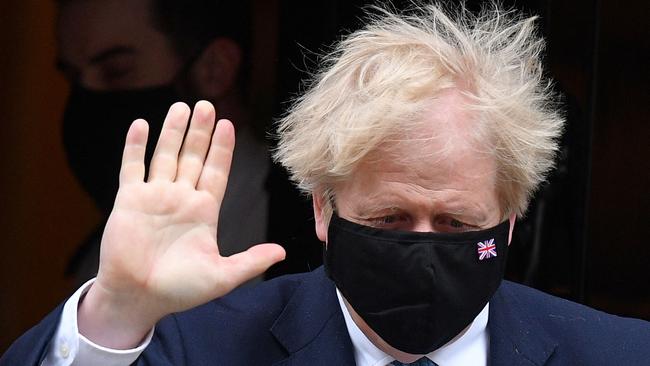
Boris Johnson will mount a three-pronged defence as he seeks to counter claims by Dominic Cummings and other critics that his delays in implementing lockdowns cost thousands of lives, The Times has been told.
The prime minister on Wednesday announced plans for a public inquiry into the government’s handling of the pandemic that will begin next spring. Downing Street said he would give evidence under oath if requested.
Aides are understood to have been gathering emails and documents for more than six months to support the prime minister’s case.
He announced the inquiry amid mounting concern in government about an appearance by Cummings, the prime minister’s former senior adviser, before MPs on May 26.
Cummings is expected to give MPs on a committee investigating the government’s handling of the pandemic emails, WhatsApp messages and documents — including some from the prime minister — as he sets out his case.
The government is preparing to set up a dedicated unit in the Cabinet Office to provide the inquiry with thousands of emails, policy documents and minutes of meetings that will form the backbone of the evidence on which witnesses are questioned.
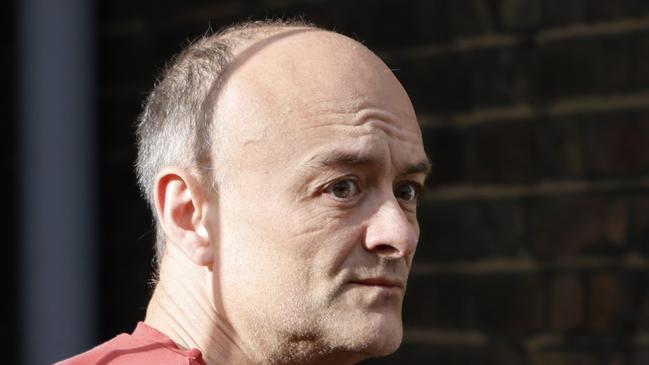
A source said that the private office of each minister would have a record of all official correspondence, both written and electronic, that could be handed over to the inquiry as required. However, they confirmed that Whitehall had no access to ministers’ private texts and WhatsApp messages. They would have to be requested separately.
Another said that since last spring officials had made sure there was a clear “paper trail” of the most controversial decisions: “Everyone has always known that an inquiry was inevitable. And people have made sure that they’ve covered their backs.”
Government sources familiar with Johnson’s defence of his decisions told The Times he was likely to focus on three critical areas. The first tranche of his evidence will focus on the delay in implementing the initial lockdown until March 23 last year.
Sage, the government’s scientific advisers, initially cautioned against lockdowns, instead preferring a strategy of allowing the disease to spread through the population in a managed way so that the NHS was not overwhelmed.
Sir Patrick Vallance, the chief scientific adviser, said as late as March 13 that the aim was to broaden the peak of the disease so the NHS could treat everyone who became ill, arguing this would also have the benefit of building up “some kind of herd immunity”.
The second line of defence will focus on criticism by Cummings of the prime minister’s decision not to implement a lockdown in September. At the time Johnson was strongly advised to do so by Cummings, Vallance and Chris Whitty, England’s chief medical officer.
Johnson will say that a two-week “circuit breaker” in Wales in late October did little to stop the virus. “There was no evidence it would have made a difference,” a government source said.
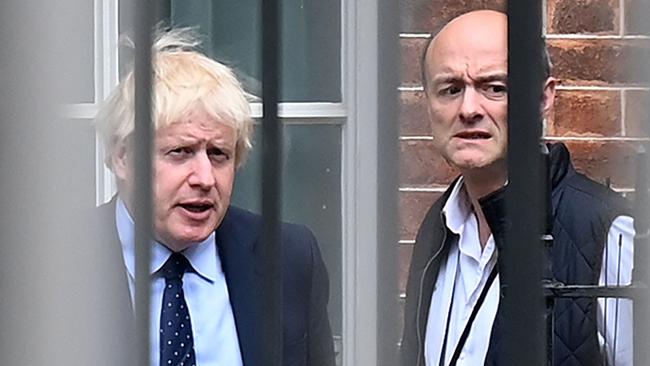
The third prong of Johnson’s defence will surround the emergence of the Kent variant of coronavirus, which was not detected until December. Johnson and Downing Street will argue that the government could not have predicted its emergence.
The prime minister promised that the inquiry, which will be on a statutory footing, will “place the state’s actions under the microscope”.
Downing Street said the inquiry would have legal powers to compel witnesses to give evidence. However, the prime minister has not committed himself to it being judge-led, raising the key question of whom he will choose to investigate his own decision-making.
By delaying the start of the inquiry until next year, Johnson is also likely to avoid critical findings before the next election, given that the average public inquiry takes two and a half years.
The Times


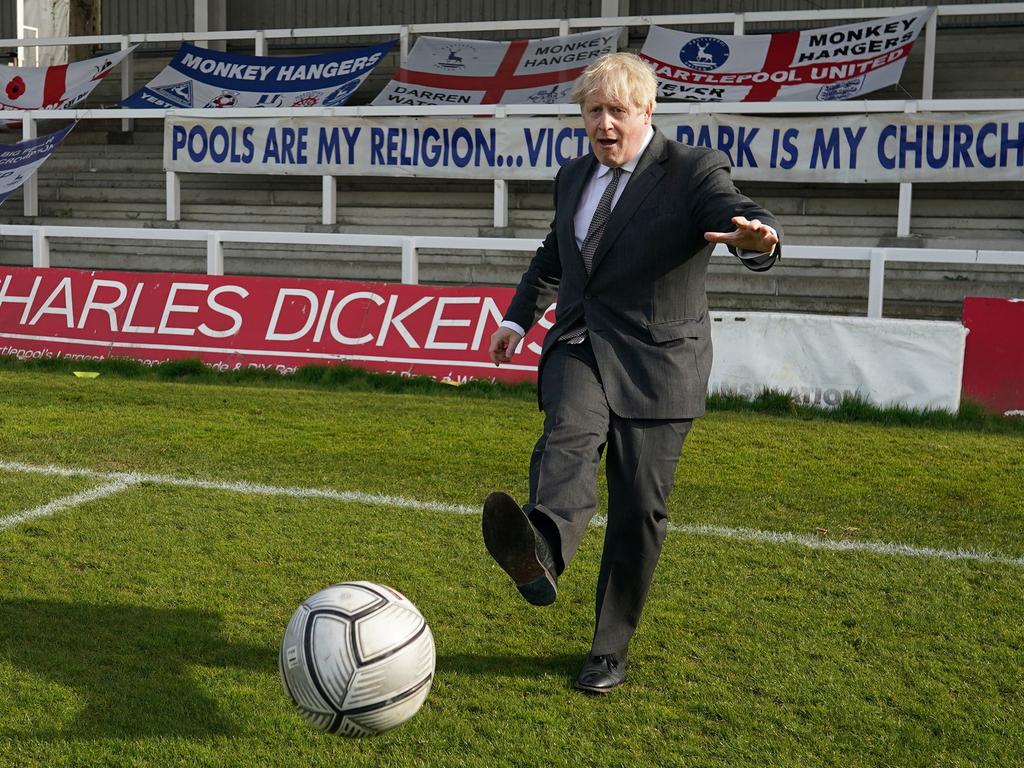
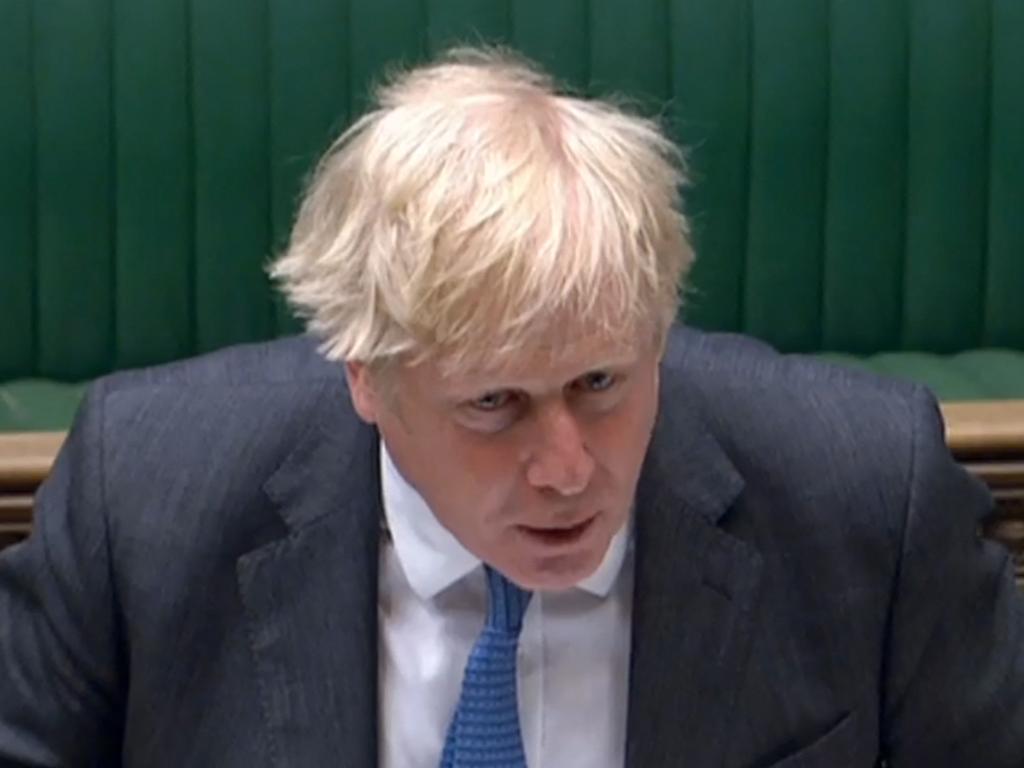
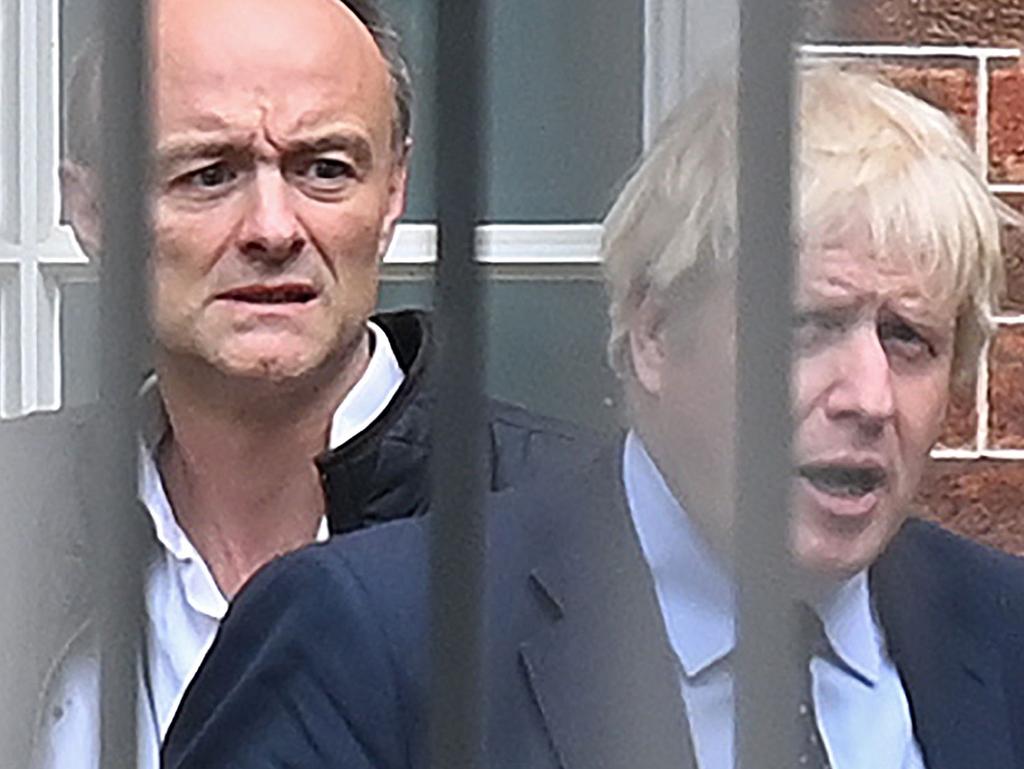


To join the conversation, please log in. Don't have an account? Register
Join the conversation, you are commenting as Logout